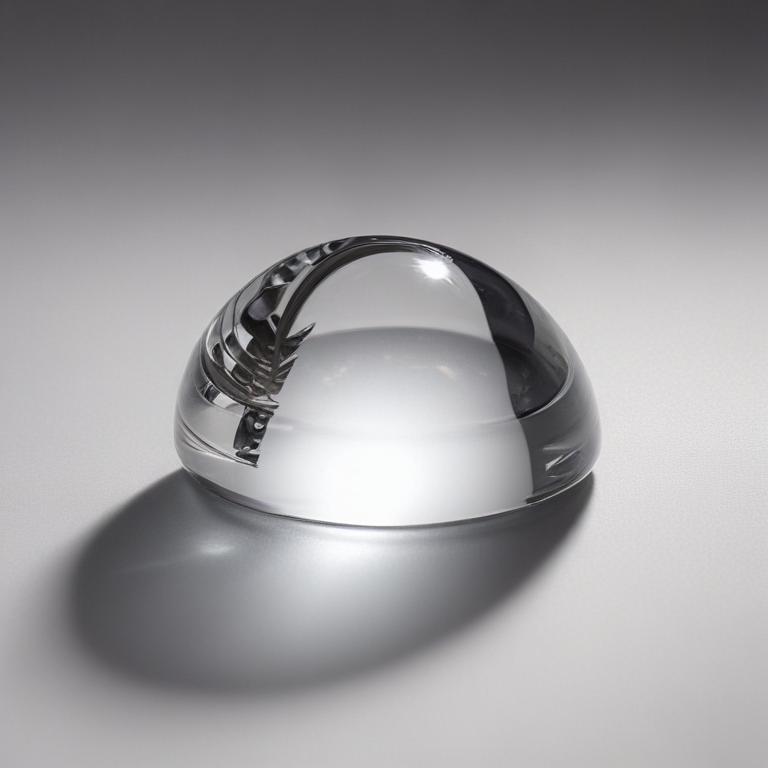发音 (Pronunciation):
IPA: /keɪm/
中文近似: 凯姆
中文意思与词性 (Meanings & Part of Speech):
- 来 (v.)
- 到达 ((待补充))
例句 (Examples):
1. He came to the party late.
(他来晚了聚会。)
2. She came home after school.
(她放学后回家。)
用法提示 (Usage Tip):
注意 'came' 是 'come' 的过去式,表示过去的动作。
更多关于 "came" (More about "came")
单词来源 (Etymology)
来源于古英语的 'cuman',原意是“来”或“到达”。
词根词缀解析 (Root & Affix Analysis)
词根词缀解析待补充。
“came”的字母与词根个性化解读
字母象形/引申义 (个性化参考)
- 字母 'c' 的象形或引申含义可能包括: 骆驼头 (象形) -> 运输 (car); 抓 (手型); 砍 (弯刀); 包围 (形状); 合并; 叫喊 (嘴型); 走/动; 音变: C=G=K=S。
- 字母 'a' 的象形或引申含义可能包括: 牛角 (象形: 牛头, 力量, 能力); 下面宽上面尖 (形状) -> 延伸, 远处, 高处, 方向, 指示。
- 字母 'm' 的象形或引申含义可能包括: 山 (象形) -> 高大, 连接; 手 (男人劳动); 命令; 凸起 (嘴); 思维; 水面波纹; 音变: M=N=L=R; M=B=P=F=V。
- 字母 'e' 的象形或引申含义可能包括: 眼睛 (窗户符号引申); 向外 (ex-变体); 元音互换: A=E=I=O=U=W=Y。
学习提示:以上针对单词 came 的字母和词根解读,主要基于提供的特定象形及词根资料。这些提示旨在启发联想,而非绝对定论。更通用的记忆规则和原则请参考首页。英语词源复杂多变,实际应用中请结合更全面的词源词典和语言学知识进行深入学习。
常用词组 (Common Phrases)
- came to mind: 浮现在脑海中
- came across: 偶然发现
其他语言 (Other Languages)
- 德语: kam
- 法语: est venu
字母整体创意联想
单词 'came' 的形状像一个人走来,'c' 是头,'a' 和 'm' 是身体,'e' 是脚在移动。
逐字母创意解读
中文谐音助记
“came”可以联想为“凯姆”来到了这里。
相关电影/名言
"I came, I saw, I conquered."
(我来了,我看见,我征服了。)
- 《凯撒大帝》(公元前44年)
趣味知识/故事
在英语中,'came' 是一个常用的动词,表示动作的发生,尤其是在叙述过去的事件时,使用频率非常高。
拓展信息
在日常交流中,'came' 经常与其他动词连用,形成常见短语。
例如,'came back' 意思是“回来了”。
此外,'came' 也可以用在许多成语中,增强语言的表现力。
网络参考 (More about "came" from the Web)
Homepage Installers - CAME
Came is a leading manufacturer of gate and access control systems for residential, business and urban applications. Find out how to become a Came partner, get technical assistance, control remotely and see case histories.
CAME Definition & Meaning - Merriam-Webster
The meaning of CAME is past tense of come. a slender grooved lead rod used to hold together panes of glass especially in a stained-glass window
Came or Come: Which Is Correct? (With Examples) - Two Minute English
Learn the difference between came and come, two forms of the verb to come, and how to use them correctly in various tenses. Came is the past tense, while come is the base form or the present tense with auxiliary verbs.

